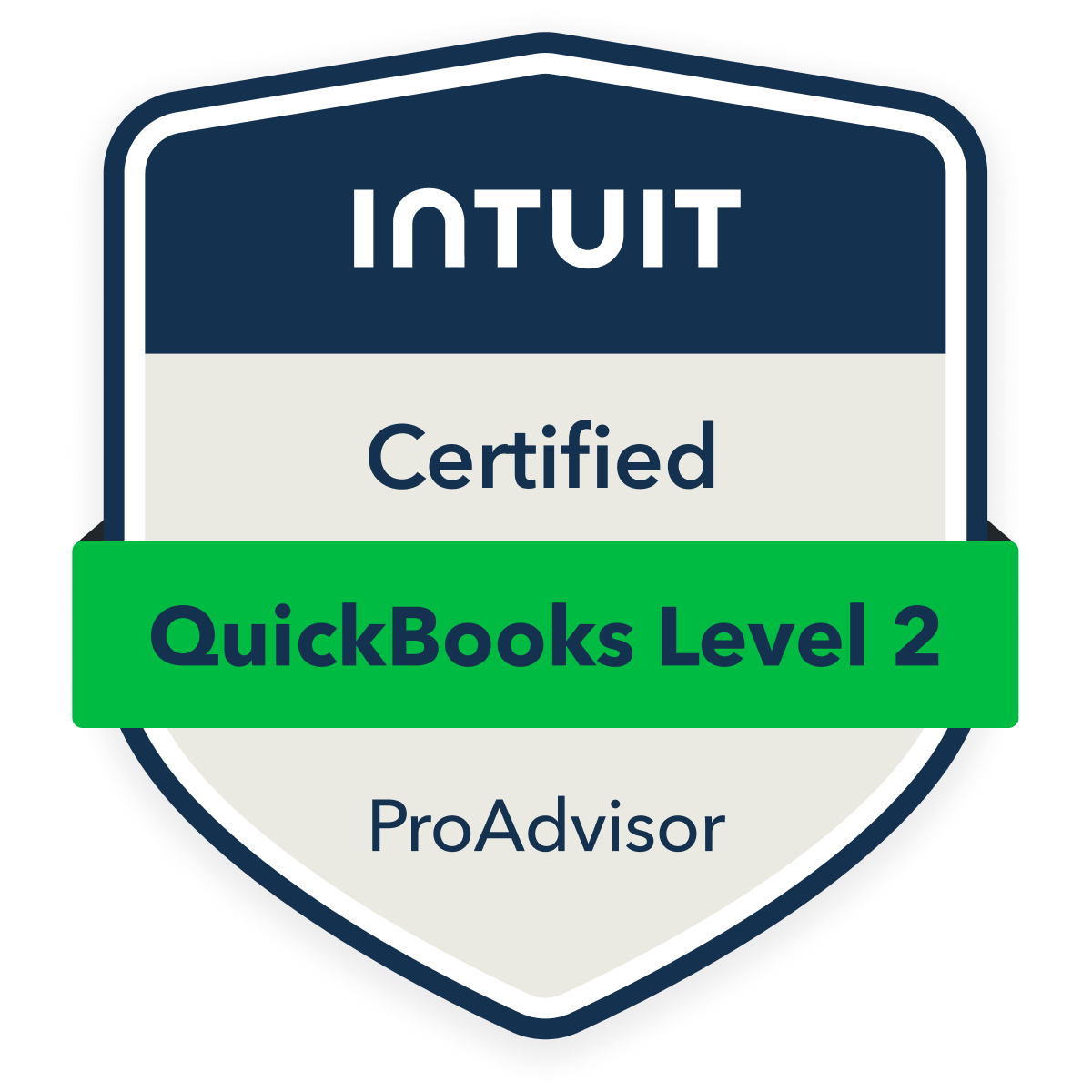The 2025 tax year is fast approaching, and with it comes a series of important changes to HMRC rules and regulations. These changes will impact how some businesses operate, report their finances, and manage their tax obligations. Staying informed is crucial to ensure compliance and avoid unexpected penalties. This update is current as of July 2024. With a new government there may be some alterations, but overall, the tax regime takes time to shift, so these changes are likely to remain in place.
Basis Period Reform: This major change, which started in 2023, will be fully implemented in 2025. It alters how self-employed individuals and partnerships calculate their taxable profits. The aim is to align tax years with accounting periods, but it can lead to complexities in the transition year.
Making Tax Digital for Income Tax Self-Assessment (MTD for ITSA): We’ve talked about this a lot over the last year or so. It starts from April 2026 for businesses and landlords with income over £50,000, and from April 2027 for those with income over £30,000.
Research and Development Incentives: The Research and Development Expenditure Credit scheme merged with SME schemes from April 1, 2024. Businesses engaged in R&D activities should be aware of these changes as they will continue to apply in 2025.
VAT Registration Threshold Increase: The VAT registration threshold will be raised from £85,000 to £90,000 to reduce VAT-related burdens on small businesses. This means businesses can earn more revenue before being required to register for and charge VAT.
New Data Collection Requirements: Starting in the 2025/26 tax year, HMRC will require businesses to provide additional information through income tax self-assessment and real-time returns. These changes include:
- Employers will need to report more detailed information on employee hours paid via Real Time Information PAYE reporting.
- Shareholders in owner-managed businesses must separately report dividend income received from their own companies and their percentage shareholding on Self-Assessment returns.
- Self-employed individuals will have to provide start and end dates of self-employment on Self-Assessment returns.
These new reporting requirements aim to improve data quality and compliance. They are expected to impact up to 1.2 million self-employed businesses, 1.9 million PAYE-registered businesses, and 900,000 businesses with shareholders of owner-managed companies.
It’s always best to be proactive when it comes to tax matters. Staying informed and planning will help you navigate these changes smoothly and avoid any unwelcome surprises in 2025.
- Education: Take the time to understand the specific changes that will affect your business. HMRC guidance documents and webinars can be helpful resources.
- Accounting Software: Ensure your accounting software is compatible with MTD requirements. Consider switching if your current system is not suitable.
- Professional Advice: If you’re unsure about any of the changes or how they will impact your business, seek advice from a qualified accountant or tax advisor.
Hydref Accounting have support packages that can be used by businesses of all sizes. Software catch up and refresh will get you started with a cloud based digital platform such as Xero or QuickBooks which is compatible with HMRC’s expectations. Our Review and Recommend service is for businesses with software already in place, but maybe not being used effectively. This gives you the skills and understanding to implement simple accounting processes supported by Xero’s intuitive user interface.
For businesses needing additional input into their finances, I can support you as your fractional finance director, stepping in to provide leadership and expertise during a period. I can provide targeted support to a company’s finance function at a fraction of the cost of a full-time employee. Whatever your needs I can help you move your business from surviving to thriving. Get in touch on 03333 449270 or book an appointment through my Calendly link.



